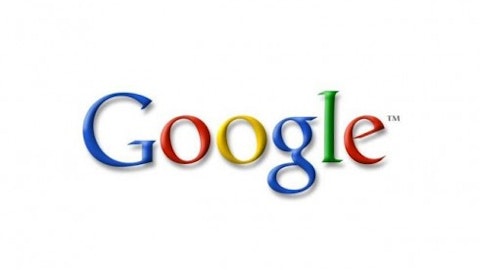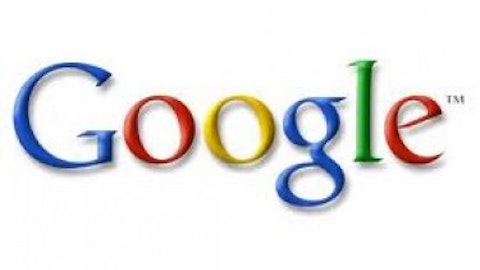For mobile application developers, Facebook Inc (NASDAQ:FB) can be a blank page of possibility, offering a springboard for a huge potential audience. But after the social media giant blocked a popular new Twitter app, as well as releasing a policy statement that sounded about as diplomatic as a benevolent overlord, Facebook Inc (NASDAQ:FB) proved it can giveth, and it can taketh away. Is it wise for Facebook to take such dramatic action now, when its stock is shakily trying just to reach its IPO price?

On Jan. 25, Justin Osofsky, Facebook Inc (NASDAQ:FB) director of platform partnerships and operations, issued a statement on behalf of the website. It was short and concise, no longer than a standard Facebook message, and called out those app programmers who had “replicated [Facebook] functionality” and “bootstrapped [app programmer] growth in a way that creates little value or people on Facebook.” The statement included link to the company’s latest policy update, which detailed requirements for making apps directly shareable to Facebook Inc (NASDAQ:FB).
All of this might sound reasonable in theory, but it starts to take a different tone when you look at the events surrounding it. On Jan. 24, Twitter announced Vine, its new 6-second video service, and Facebook Inc (NASDAQ:FB) promptly went about blocking it from its website, without any clear explanation. Try and find an Facebook friend who uses Vine, and you get a box that reads “Vine is not authorized to make this Facebook request.” Vine is an application that is directly shareable to Facebook, and yet Facebook has made it unusable. And if the company can block Twitter, who’s to say it can’t block a lesser-known programmer, for just as vague a reason?
Potential stock affect
After Facebook Inc (NASDAQ:FB)’s historic IPO debacle, the last thing it needs is more controversy. The company’s stock recently regained its footing at around $30, $8 away from its opening price, thanks in part to buzz around its new Graph Search engine. But it’s hard to get over a burn, and less than a year after an IPO that quickly turned into a fisco, investors are still wary. If the general sentiment believes the company has a totalitarian agenda, it could be the straw that breaks the camel’s (or in this case, the Facebook friend’s) back for many users.
While users could fret over Facebook’s new enforcement of its policies, for now, however, Facebook appears to be in no danger of investor backlash. Its P/E stands at 3,000, which is so large its not meaningful. Facebook still sells at over 12 times sales, which as a comparison is significantly above the five times sales level Google Inc (NASDAQ:GOOG) sells for. Following the Jan. 25 Twitter soap opera, the company’s stock actually rose 5%, nearing $34.50, before sinking back to $30.70. For a company that was stuck at $19 just a few months earlier, this price is not too shabby.
Good plan for developer stock?
Facebook might be fine, but what about some of its developers who have chosen to go public? Has the social media platform helped launch game programmer Zynga Inc (NASDAQ:ZNGA) , responsible for such Facebook mainstays as FarmVille, into the Wall Street stratosphere?
Short answer: no.
Since its IPO of $9.50 in 2011, the gaming company enjoyed a brief peak at $14.70, before crashing to $2.72 in August 2012. Since then, the company’s stock has struggled to even break above $5. Potential reasons include plagiarism lawsuits, as well as the fact that, like photo application Instagram (which Facebook purchased for $741 million in September 2012), Zynga is simply a one-note kind of company. Will taking care of computer-animated cows be relevant 10 years from now? Even the developers of Facebook’s most popular apps are not immune to failure.
Should you unfriend FB’s stock?
The controversy with Twitter’s Vine isn’t going to derail Facebook’s recent momentum. However, if more incidences like this start to surface, it could damage the company’s reputation with the market, which Facebook has fought hard to stabilize. In order to ensure positive morale with its shareholders, Facebook will need to take greater steps toward improving transparency with its policies and its actions, instead of mysteriously blocking companies, only to offer a vague explanation after the fact. If investing in a company means owning a piece of its business, shareholders should know exactly what’s going on, and right now, that simply isn’t happening.
The article Is Facebook Cracking Down Too Hard on App Developers? originally appeared on Fool.com and is written by Caroline Bennett.
Fool contributor Caroline Bennett has no position in any stocks mentioned. The Motley Fool recommends Facebook and Google. The Motley Fool owns shares of Facebook and Google.
Copyright © 1995 – 2013 The Motley Fool, LLC. All rights reserved. The Motley Fool has a disclosure policy.





